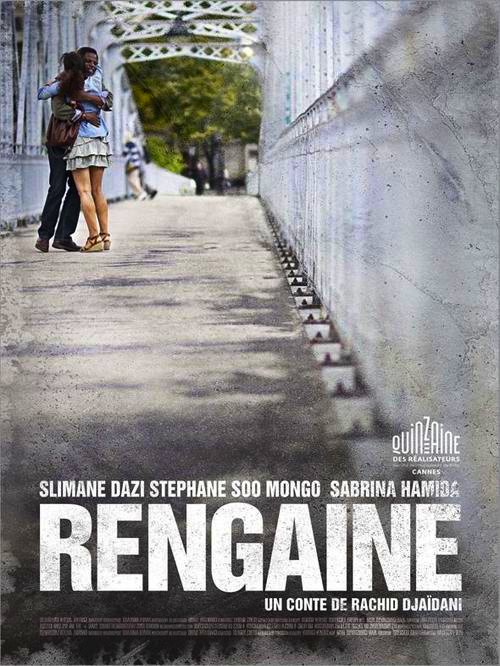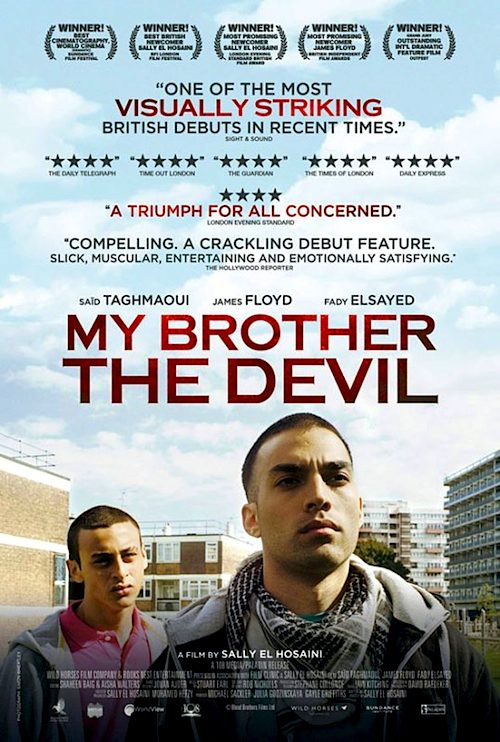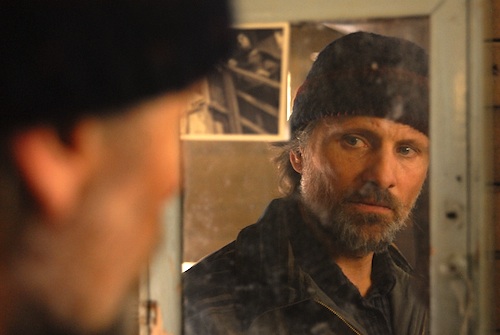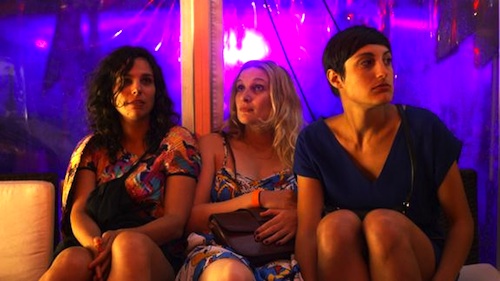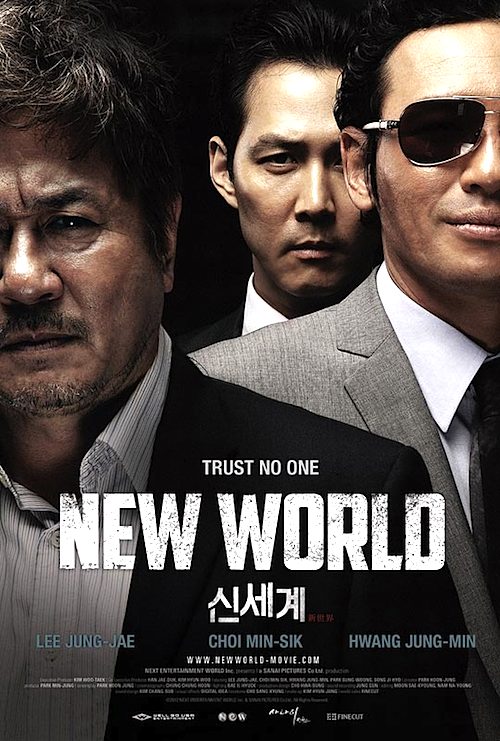By Joe Bendel. The Renoirs were no ordinary family. Yet not even they were spared the horrors of WWI. At least the great painter’s middle son could convalesce amid the splendor of his family’s Riviera home. The future French auteur will meet his father’s last great model during his fateful homecoming in Gilles Bourdos’s Renoir, which opens this Friday in New York.
Referred to Renoir for potential modeling work, Andrée “Dédée” Heuschling finds an estate frozen in a state of near paradise, staffed by a veritable harem of her predecessors, doting on the arthritic artist. However, old man Renoir does not rest easy. He still mourns his late wife, while he waits for word of his two eldest sons injured on the battlefront. Yet Heuschling has the perfect Renoir look, inspiring him to begin painting outdoor nude studies once again. She also makes quite the impression on the Impressionist’s son Jean when he returns home on medical leave.
 Based on the narrative biography of Jacques Renoir (Pierre-Auguste’s great-grandson and Jean’s great-nephew), Boudros’s film initially appears to be about the artist in his twilight years, but steadily shifts its focus to Jean, the future cinematic artist as a young man. Of course, Heuschling links father and son, eventually serving as muse to both.
Based on the narrative biography of Jacques Renoir (Pierre-Auguste’s great-grandson and Jean’s great-nephew), Boudros’s film initially appears to be about the artist in his twilight years, but steadily shifts its focus to Jean, the future cinematic artist as a young man. Of course, Heuschling links father and son, eventually serving as muse to both.
Throughout Renoir, Boudros elevates fine art and evocative atmosphere high above messy dramatics. The resulting experience is quite a bit like taking an afternoon nap in the French countryside. It is quite luxurious, but there is not much to tell afterward. Nonetheless, Boudros crafts an elegant period production – even enlisting Guy Ribes, a convicted forger fresh out of the big house, to recreate Renoir’s style and method.
While Heuschling’s coquettish character deliberately remains something of cipher throughout Renoir, cinematographer Mark Ping Bing Lee’s lens absolutely loves Christa Théret, as do Ribes’ canvasses. Audiences will certainly understand the “Renoir look” from her photogenic turn. Vincent Rottiers largely carries the dramatic load as Jean Renoir, creating a convincing portrait of a somewhat confused young man trying to find his way in the world. Yet Michel Bouquet, the crafty old veteran thesp, eventually steals the film back for Pierre-Auguste with some wonderfully subtle but touching scenes of a father coming to terms with his sons. However, Thomas Doret (from the Dardenne Brothers’ The Kid with a Bike) never really gets to stretch beyond the surly wild child as Renoir’s youngest son, Claude (a.k.a. Coco).
Renoir is the sort of quiet but impeccably graceful film French cinema lovers swoon over. The combination of Renoir’s art, the lush natural beauty, Théret’s figure, and even a spot of hot jazz are wonderfully seductive. Recommended for Francophiles and admirers of Impressionism, Renoir opens this Friday (3/29) in New York at the Lincoln Plaza Cinema.
LFM GRADE: B+
Posted on March 25th, 2013 at 9:46am.
